The topic of succession is a conversation that comes up frequently when family business owners. It’s a key area for consideration within the financial strategy and the structuring of a family business.
Sagars Business Tax Partner, Kate Naylor (pictured) explains some of the possibilities for family business owners when it comes to succession and exit planning:
The situation is unique for every family business. It may be that the business was set up by previous generations of a family and it’s been passed down successfully over the years with clear succession routes defined. With more recently founded family businesses who are facing the question of succession for the first time, there can be more questions and considerations. The key is to approach the subject at the right time and be willing to have those sometimes tricky, but important conversations.
Does the family business owner have any children who may be interested in taking on the business? If they are still very young or unsure about committing, what provisions can be made in the interim? If there are multiple children who are interested in working within the family business, how is the next generation entry to the business managed? Sometimes a family business owner may find themselves in a situation where there are no potential successors and therefore, they need to look at other options. We will consider in more detail some of the options below.
- Non-family Senior Management and Leadership
If the next generation successors are too young to join the business or have recently joined, the owner may wish to hand over the management of the business to a senior team so they can step away into retirement. Non-family senior management and leaders can often help to keep the business running seamlessly during transitional periods. In certain situations, it can be beneficial to incentivise the non-family leaders through a package such as share options (Enterprise Management Incentive schemes are usually the first choice here). This then leaves the family owners free to take dividends from the company, bring in other family members as shareholders or protect some of the shares in a family trust for future generations.
- Management Buy Out
A Management Buy Out (MBO) would be a viable option for a family business without any potential successors but with a successful management team already in place. Essentially this option allows the management to buy the owners out, often on some deferred payment terms allowing the owner to walk away (quickly or slowly, depending on what works best). With £1m of Business Asset Disposal Relief (BADR) being taxed at 10% and the rest at 20%, this can be a good option. The owner can retain a small shareholding or have some “anti-embarrassment” protection in place, so that if the management then sell the business on later down the line, the original owner can get a second slice of the pie. There also is nothing to stop the management team including other family members who work in the business, provided the sale is being made commercially and the owners’ shareholding is reduced substantially.
- Employee Ownership Trust (EOT)
This is a more recent option and is sometimes referred to as the John Lewis model. This usually involves having a strong management team akin to an MBO, but essentially the business owner is selling a controlling interest in the company to an EOT which holds the shares for the benefit of the employees as a group. The added bonus for the vendor is that a qualifying sale is tax free. There are usually many considerations round whether this would be a suitable option for your family business, but it is an increasingly interesting option for family business owners.
- Sale of the business
Another option is to sell the family business which can often be the most lucrative exit, helping to realise a larger sum of cash up front. It can allow the owner to walk away soon after the sale if this is what is required. Once the new owners are in place there would be nothing to stop the purchaser making changes, subsuming the business into a bigger organisation or making redundancies. A sale does need to be carefully planned, with tax considerations in mind. BADR may apply, with the remainder being taxed at 20% which compares favourably with income tax rates. However, as with any exit the business owner will be going from a situation where they hold an asset that may qualify for inheritance tax relief, to cash which will not. For some family businesses, it is too much of a risk that the business will not stay as it is and the cash simply isn’t worth it.
- Wind up the business
The final option is simply to end the business and wind the company up. This isn’t necessarily a bad or even a sad option, some businesses simply come to the end of their life. With careful planning around the practical options, such as redundancies and selling off assets, any remaining balance may be extracted again at BADR rates or 20%, provided you are not planning to set up again shortly after.
Whilst there are multiple routes to consider when thinking about succession, the individual circumstances of a family business often help to streamline those options. Good advice and having the right support in place can make a huge difference and starting those conversations early is always a good idea.
To contact Kate or a member of the Sagars team directly, visit https://sagars.co.uk/about-us/





 Login
Login
